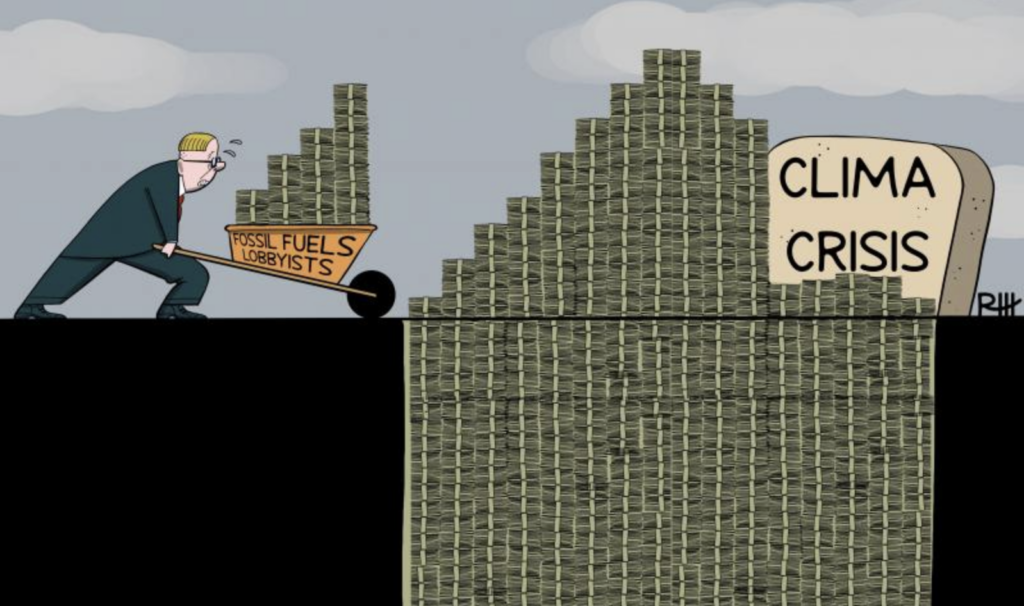Two bills expected to clear the state legislature this session would give the green light to tolls on major highways around Puget Sound as a way to reduce traffic and greenhouse-gas emissions. A recent study says Washington State could raise $36 billion over 20 years through variable tolls.
Transportation is the single largest producer of carbon dioxide in Washington, so environmentalists say it makes sense to move toward tolls that take cars off the road.
So far so good.
Buried in the Seattle Times story about the road-toll initiative, however, is the most-likely explanation as to why legislators are backing it: The Washington State government needs a new source of money to compensate for falling revenues due to more fuel-efficient cars.
Apparently the growth of state gas-tax revenue is slowing and, as vehicles become more fuel-efficient, officials are afraid tax collections won’t keep up with their spending projections.
So instead of allowing people to reap the benefits of acting responsibly by driving more fuel-efficient cars, the government is going to punish them instead by finding a new way to tax them.
Supporters argue that much of the money from tolling should be used to dramatically improve public transportation. Buses could be brought online quickly, they contend, followed by high-capacity transit systems such as light rail.
Others insist more money will be required just to maintain and expand the existing highway system.
“My perspective is that you’re going to have to do these tolls because it’s the only way you’re going to generate [the money] to do the transportation-system improvements you need,” said Mark Hallenbeck, director of the Washington State Transportation Center at University of Washington.
Besides the highway lobby, is there really a winner here?
Subscribe to our newsletter
Stay up to date with DeSmog news and alerts






